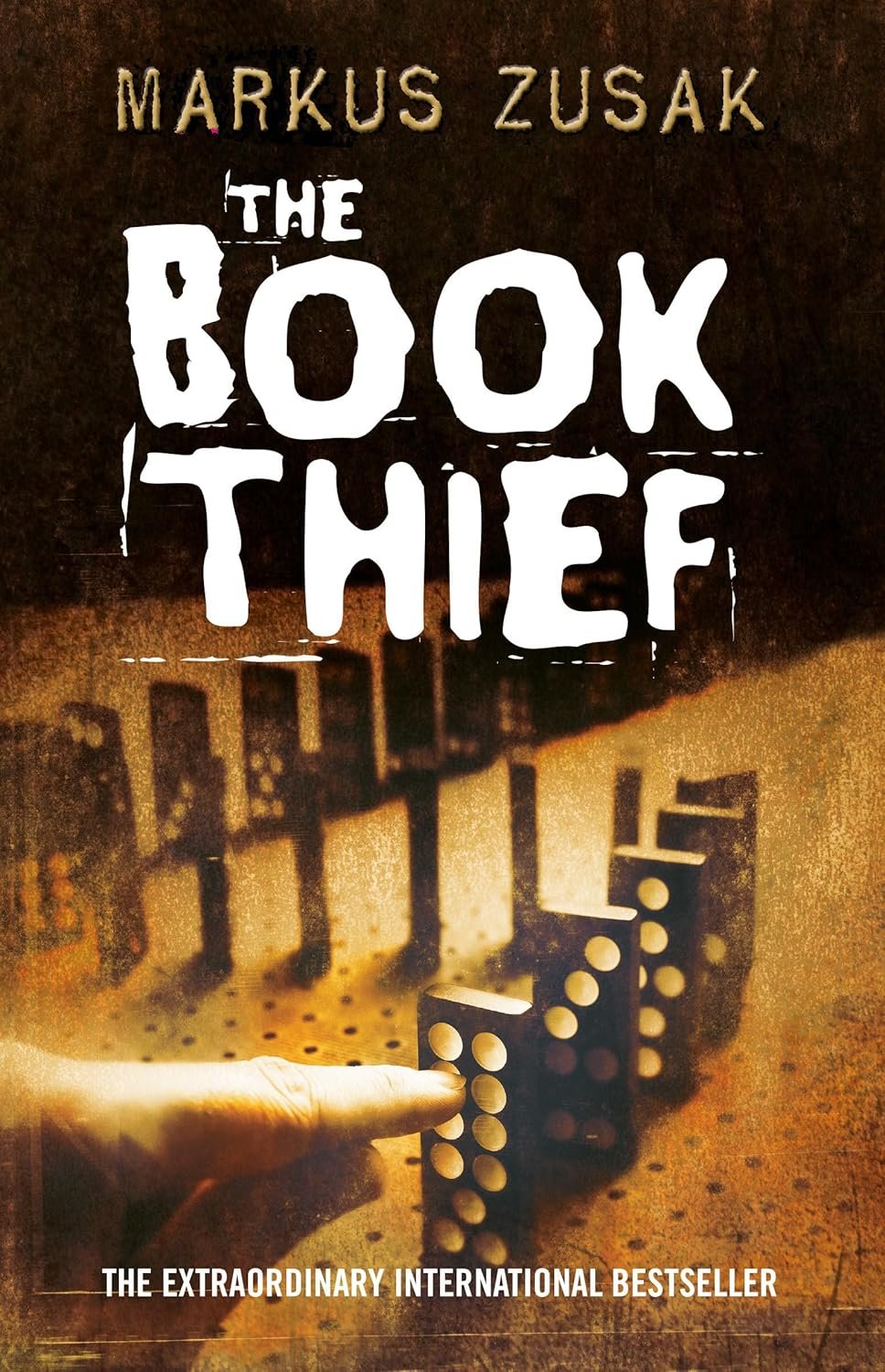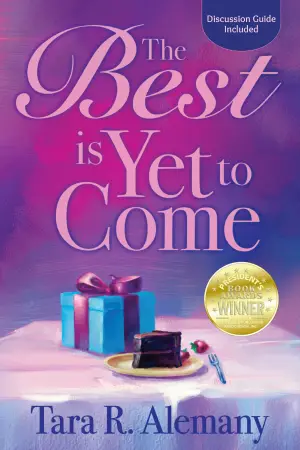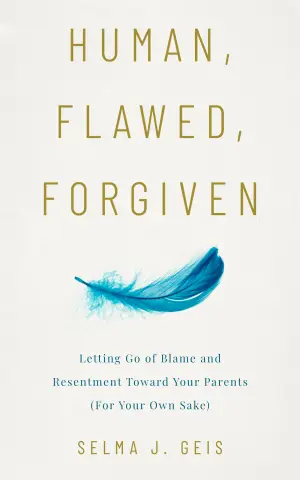The Book Thief: A Life-Changing Journey Through Words
When I first picked up The Book Thief by Markus Zusak, I was drawn in by its haunting premise: a story narrated by Death himself. It piqued my curiosity and made me wonder how a character like Death could lend insight into the human experience, particularly in the dark backdrop of Nazi Germany. What unfolded was an unforgettable narrative that beautifully emphasizes the power of words even amid profound suffering.
Set in 1939 Germany, the story revolves around Liesel Meminger, a young girl sent to live with the Hubermann family in the small town of Molching. Liesel’s world is one of despair; she’s lost her brother and her mother is gone. Yet, in her darkest moments, she discovers a passion for books—an obsession that blossoms into a small act of rebellion against the oppressive regime around her. The novel becomes a tribute to the indomitable spirit of humanity, showcasing how even in the bleakest of times, literature offers solace and companionship.
The characters are profoundly relatable and richly developed. Liesel is at the heart of the story; her journey from a frightened child to a courageous individual who finds strength in stealing books is genuinely inspiring. The bonds she forges with Hans Hubermann, her kind-hearted foster father, and the enigmatic Max Vandenburg, a Jewish man hiding in their basement, are heartwarming yet laced with tension. Their relationships highlight themes of love, sacrifice, and the fiercely protective instincts that arise during crisis.
Zusak’s writing is nothing short of poetic, melding stark imagery with emotional depth. His unique narrative technique, allowing Death not only to observe but also to provide commentary on the human condition, infuses the story with both gravity and humor. I found myself frequently pausing to savor particularly poignant passages. For instance, when Death reflects on humanity’s persistent quest for understanding amidst chaos, it strikes a deep chord, prompting introspection.
Reading The Book Thief is more than just a journey; it’s an emotional experience. One notable moment that lingered with me is Liesel’s bravery in reclaiming stolen books, especially amidst the horrifying book burnings. It serves as a powerful reminder of the intrinsic value of stories and knowledge—a sentiment so relevant today. I often found myself tearing up over the depth of sorrow wrapped in moments of quiet joy; it’s a rollercoaster of feelings that resonates profoundly with anyone who has loved, lost, or dared to dream.
I wholeheartedly recommend The Book Thief to readers who cherish slow-burn narratives infused with deep historical context and rich character development. It’s particularly significant for those interested in exploring the impact of words in shaping our lives and societies. Zusak’s masterwork will stir your heart, challenge your perceptions, and perhaps even change the way you view the world around you.
This is more than a novel; it’s a testament to resilience in the face of despair. Having closed the last page, I found myself reflecting on the ordinary lives that echo through history—those who, like Liesel, navigate their paths with bravery, humor, and a thirst for understanding. For anyone willing to explore the power of storytelling in the face of adversity, The Book Thief is a must-read, forever etched in my memory.







